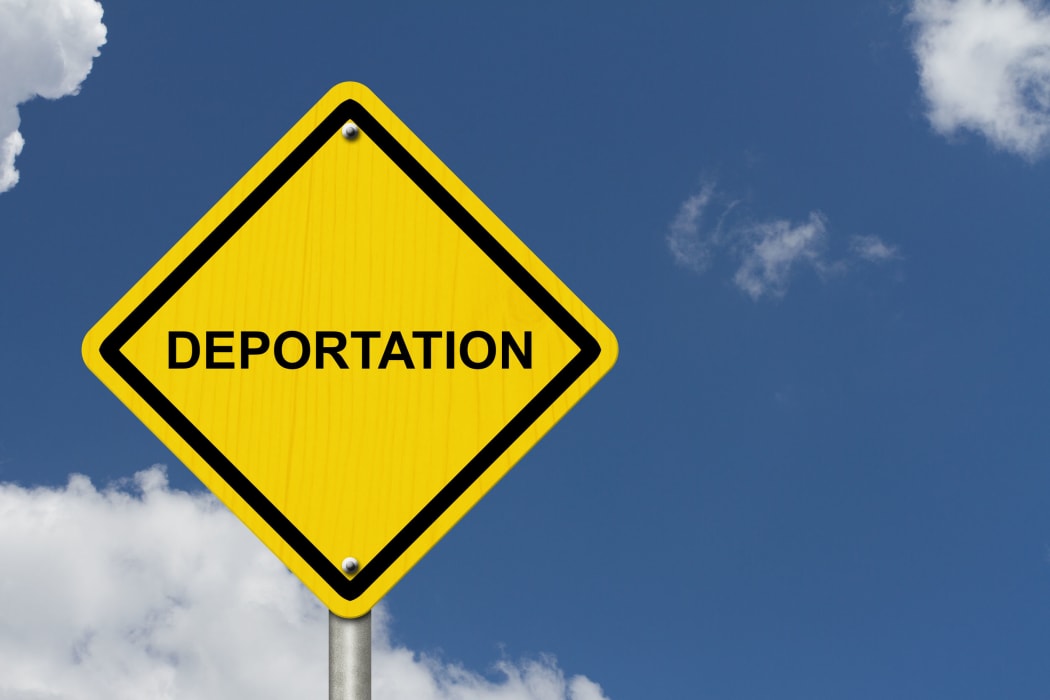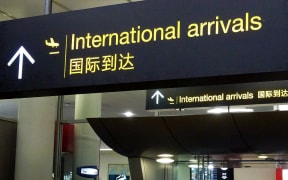New Zealand's government is hypocritical to depict Australia as villains when it too has begun a deportation crackdown on people who haven't committed a crime, an immigration lawyer says.

Lawyers are calling deportation for some crimes a 'disproportionate punishment'. Photo: 123rf
More than 30 people have been threatened with deportation since a low-profile clampdown on immigrants.
In what is believed to be the first case following a law change in May, an entire family is now facing deportation for an immigration matter that has never gone to court.
Lavinia Hea got married in Tonga in 2010 but she did not tell her father.
That fateful decision means that five years later, not only she - but also her father, siblings and their children - face deportation, because her marriage was not recorded on the family's residence application.
"I had no idea that being married does affect my visa status," she said.
"I am stressed out and depressed knowing what I have done and knowing what mistake I have made and put all my family at risk of being liable for deportation."
Her family has fallen foul of a little-known immigration amendment that only came into force in May.
It means that Minister of Immigration Michael Woodhouse can deport people for any mistake, fraud or omission whether it led to a visa being granted or not, whenever it happened, and even if they haven't been charged with an offence.
And residents are liable for deportation whether or not they personally knew about the false or misleading information.
Lavinia Hea's lawyer, Richard Small, said the law was retrospective, so Immigration New Zealand can reach back as far as it liked into the past to justify deporting people who have not been found guilty of any crime.
"Under the law as it stood only her residence could be revisited because she wasn't dependant, wasn't part of the application, but under this new law, years later, we find the whole family's residence is in jeopardy."
The liability for deportation arises whether or not it was the visa holder who provided the information, or it was provided by someone else, including an immigration adviser.
In an article in Law Society's official magazine, lawyers claimed immigration officials were now also deporting people for lower level crimes and said that was a disproportionate punishment.
Mr Small said immigrants now needed legal advice as they could find themselves being thrown out of the country for minor offences.
The government appeared to be copying the Australian government's crackdown, he said.
"It's quite frightening that the scope of this new law can be used to that extent.
"This is an extraordinary over-reaching and lack of commonsense on the part of the officials.
"It really speaks of the same spirit as the Australian deportation regime that the government has rightly criticised."
In a statement, Immigration New Zealand said there have been 21 cases involving 34 people since the Immigration Amendment Act came into force in May.
But 11 of those, affecting 22 people, had deportation liability conditionally suspended for between two and five years, where liability for deportation will be cancelled if the conditions are met.
Case decisions on deporting immigrants who have committed criminal offences were looked at individually and deportation depended on how serious the offence was and how long they have been in the country.
Mrs Hea, who has two children, said it came as a shock that her whole family could be deported because of a mistake she alone made. She is fighting the deportation.
"It's not fair that rule because the others get affected because of me," she said. "It should be me, because I am the one who did the mistake and they also suffer for what I did and that's not fair."






